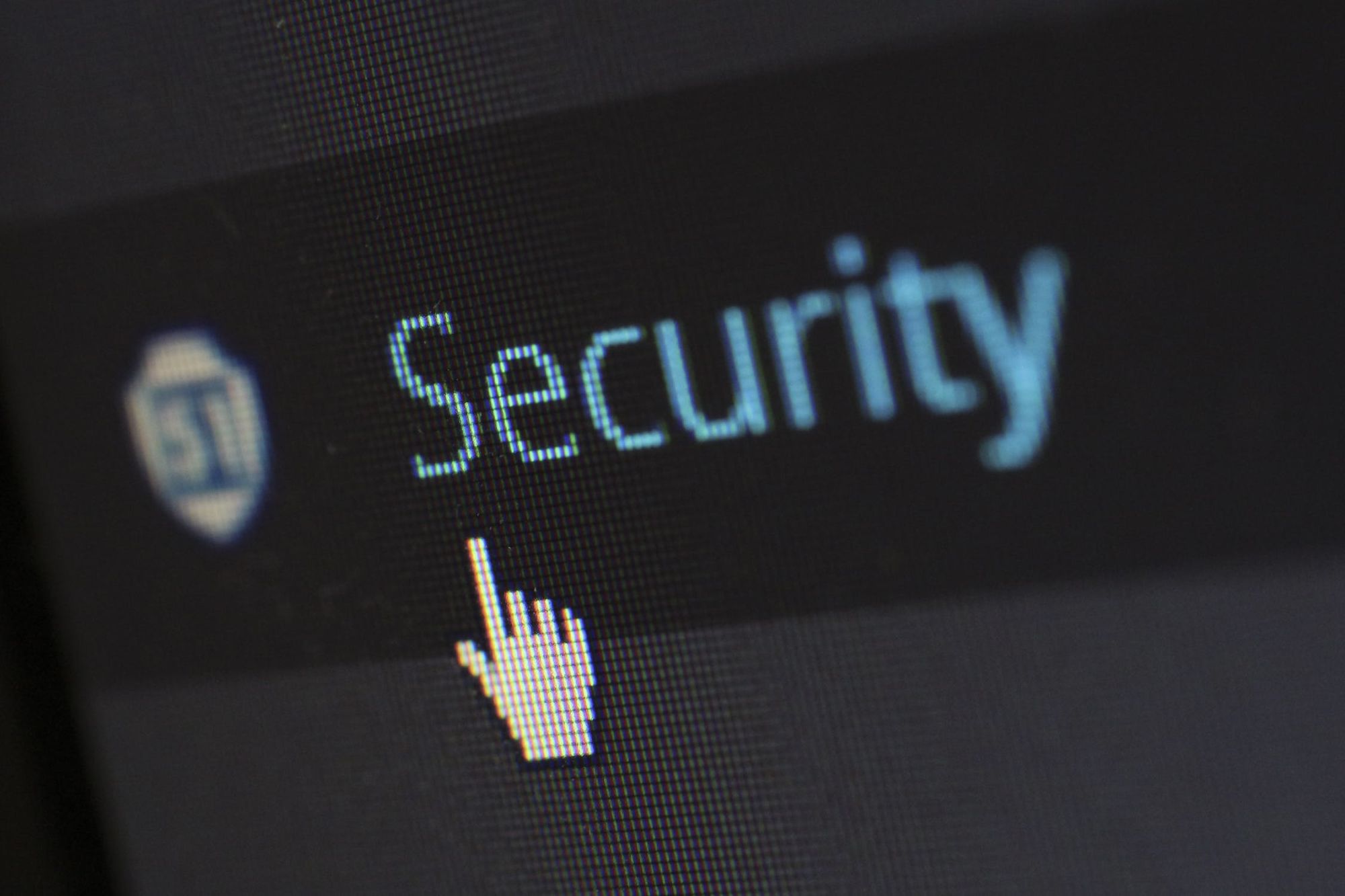The construction industry has progressed in recent years, thanks to technological advancements and computer programs that aid in making things easier and more accurate for the industry. Documents are now digital, checklists are done using smartphones, and work site safety have improved with the help of drones. These advancements take one step away from the usual process, increasing work productivity exponentially. Times are changing, and modernization is carrying the industry to greater heights. As the state of the industry flourishes, its success can also attract cyber criminals who are ready to exploit, steal, and ruin a company for monetary or personal gain.
The danger of sabotage looms over every company. Some do it for the money, others, to act upon a deeply rooted grudge. The data people can steal from a construction firm can range from financial documents to specific things like blueprints, employee information, emails and so on. Having proper insight on what the dangers are and how to prevent them should be a concern every business owner should be aware of.
Information Leaks
Having vulnerability issues can be devastating to a company’s image. It could ward off any potential prospects such as investors and applicants. But sometimes, the vulnerability can be something that’s out of your hands. One popular example is in the business of outsourcing. Firms and companies are forced to share valuable assets to outside sources to assist with the completion of several projects. This venture often comes as a leap of faith for the company, putting trust in the agencies, freelancers, and other companies to do the job without any incidents of data leaks popping up.
Another example is giving employees the freedom to move the data around. They can bring their work home or utilize laptop/mobile integration. While putting trust in your workers is one thing, ensuring the security of work documents is another. A system should be put in place so that specific information can only be accessed by the proper departments. The fewer people have access to sensitive info, the lower the chance for such to leak. It also helps if the company utilizes adequate project management programs/apps that lets admins control what kind of data employees can access. This way, it would be easier to narrow down who or which department a leak could have come from, and therefore, would deter leaks from happening.
Viruses
Starting with the basics, computer viruses are one of the most familiar cybersecurity risks in any industry. They can instigate information theft and cause severe software and hardware damage. Worst case scenario, they can do both as a ransomware infection. Malware can come from unwarranted emails, suspicious websites that inject malicious codes into a computer once entered into, clone sites that trick the user into entering their log-in information, and various other alternatives.
The simplest solution for this is to have a reliable antivirus software. Though the IT department should also hold awareness meetings once in a while to discuss how to avoid such vulnerabilities. They can also take charge and block off flash drives and browser accessibility. It all depends on how flexible the company is when it comes to network browsing or how informed its employees are on internet security.
DDoS
Usually, common internet viruses are created with no regard as to who receives it. Viruses are rarely conceived with the sole purpose of bringing down a specific business. These usually come in the form of a Distributed Denial of Service attack (DDoS).
A DDoS attack can cause severe business troubles through server outages. In some cases, a DDoS event would mean the server will be out for a few hours. In worse cases, more powerful versions of DDoS could essentially function the same as ransomware where criminals can threaten the firm with longer outages unless they give in to their demands. Investing in anti-DDoS measures as well as strengthening your network security can dissuade bored script kiddies and those with malicious intent from interfering with the firm’s business.
Cybersecurity is something companies should take as seriously as they would for their employees’ health and safety. If they wish to continue utilizing the benefits modern technology provides for their everyday work, then they should also take the cons that come with it. Though construction firms may not seem like they are worth much to cybercriminals compared to other, larger industries, it pays to be secure and aware.
![]()










